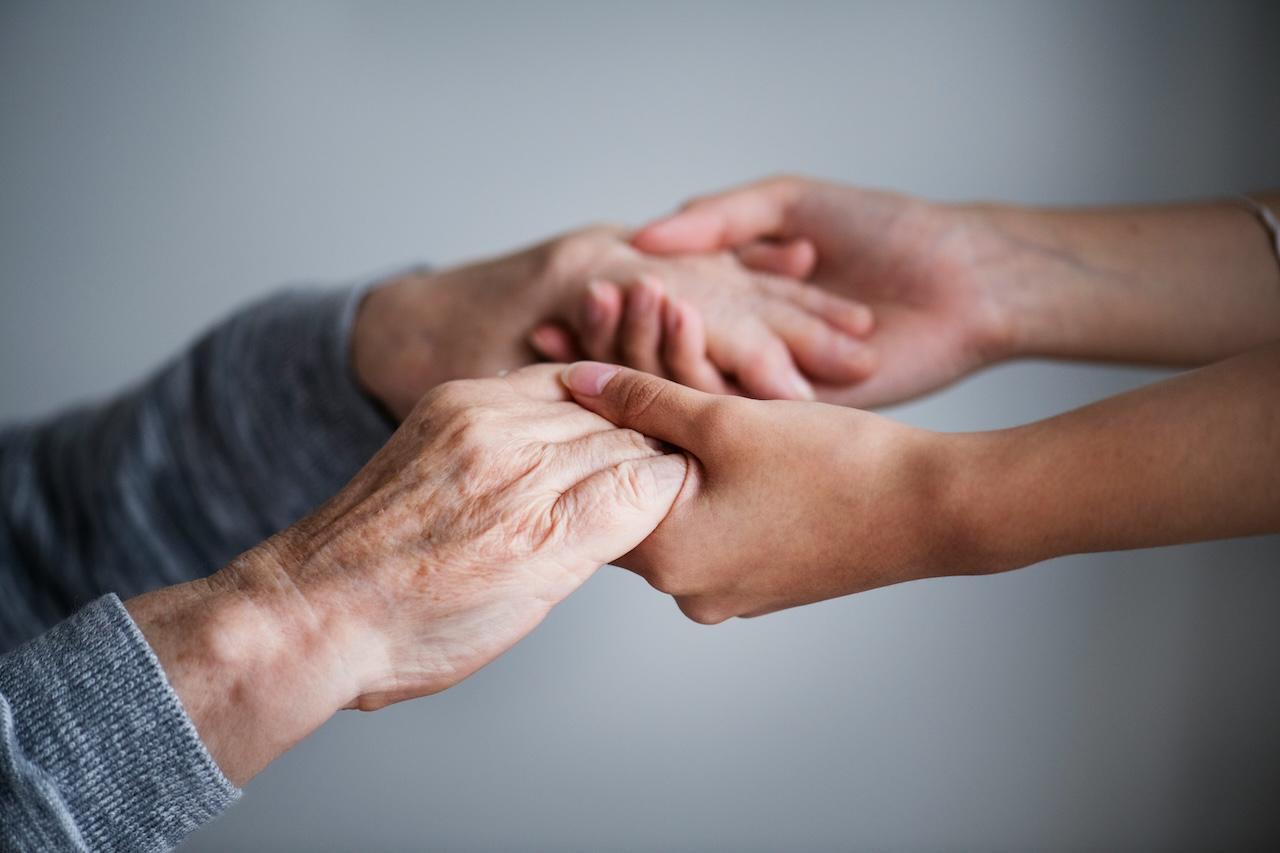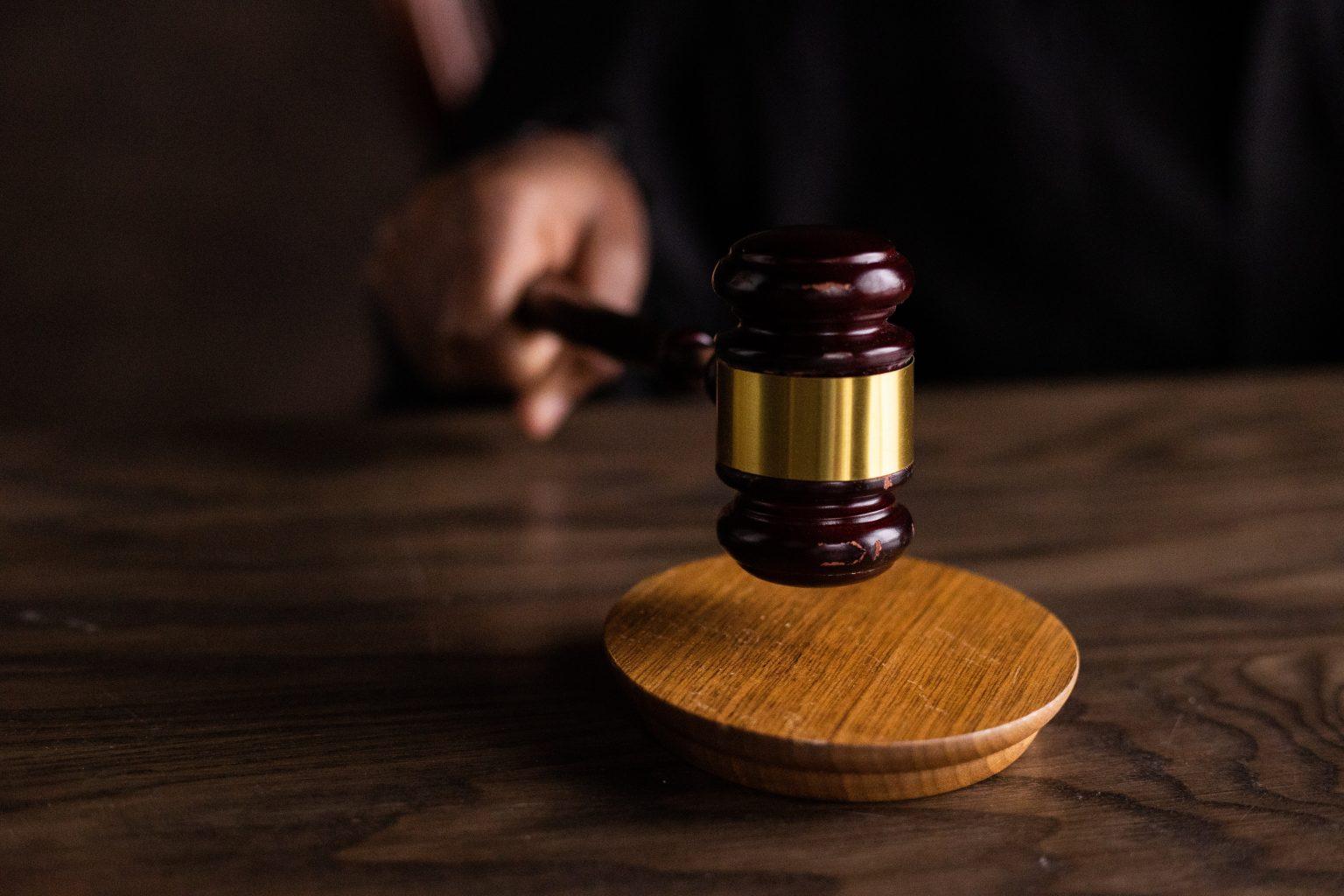Q: My mother, Gloria, is experiencing cognitive decline. I am not sure she can take care of her own finances and health care decisions. How do I know if she needs a legal guardian?
The first step is to determine if Gloria has the capacity to sign advance directives including a health care proxy and power of attorney. If this is not possible because she has deteriorated to the extent of being unable to handle her affairs or appoint someone to do so, the family may need to explore the commencement of a Mental Hygiene Law Article 81 proceeding seeking the appointment of a guardian of the person and property of Gloria.
How to Get Guardianship of an Adult in New York
The commencement of the proceeding involves filing a verified petition with the Supreme Court of the county in which she resides, outlining the reasons why it is believed that she does not understand or appreciate the extent of her limitations and that she is likely to suffer harm if a guardian is not appointed for her. The appointment of a guardian in MHL Article 81 proceedings is based on functional limitations and not on medical diagnoses.
If there is a concern regarding potential financial exploitation or other imminent harm to Gloria, it may be prudent to request that the Court appoint a Temporary Guardian to immediately take steps to secure Gloria’s finances and prevent any further abuse.
What Happens During a Guardianship Hearing?
The Court will set a hearing date and all interested persons will have to be notified, including Gloria’s spouse, all of her children, and her living siblings, if any. The Court will appoint a Court Evaluator to conduct an investigation. The investigation will include meeting Gloria in person, speaking with other friends and family members, and investigating her finances. In limited circumstances it may be appropriate for the Court Evaluator to request the permission of the Court to review medical records. The Court may appoint an attorney to represent Gloria. The Petitioner would be required to testify at the hearing along with any other witnesses that will help demonstrate to the Court Gloria’s need for a guardian. The Court Evaluator will also testify as to their findings and recommendations.
How the Court Chooses and Empowers a Guardian
If appointed, the permanent guardian will step into Gloria’s shoes. The petitioner can request to serve as guardian or it can be a third party. The Court will tailor the powers granted to the guardian to meet Gloria’s individual needs and can appoint a guardian of the person, a guardian of the property, or both. There are various safeguards in place to ensure that once a guardian is appointed, Gloria will be protected, including the requirement that the guardian obtain a bond and file annual reports with the Court.
What if an Adult Needs Guardianship Due to Intellectual or Developmental Disabilities?
In this case, we must consider the possibility of commencing a SCPA 17-A guardianship proceeding in the Surrogate’s Court of the county in which the adult resides. Unlike MHL Article 81, the appointment of a guardian in a SCPA 17-A proceeding is driven by medical diagnoses. As part of the application, a licensed physician and licensed psychologist with a PhD are required to submit Affirmations certifying that the individual is intellectually or developmentally disabled. A guardian appointed in this manner is granted broad decision-making authority over financial and medical matters.
Understanding the Goal of Guardianship in New York
As you can see, seeking guardianship for an adult in New York can be quite nuanced. The legal proceeding is designed to protect Gloria by providing support and assistance that is best suited to her personal needs and circumstance.
By Britt Burner
Britt Burner, Esq. is a Partner at Burner Prudenti Law, P.C. focusing her practice areas on Estate Planning and Elder Law. Burner Prudenti Law, P.C. serves clients from New York City to the east end of Long Island with offices located in East Setauket, Westhampton Beach, Manhattan, and East Hampton.










